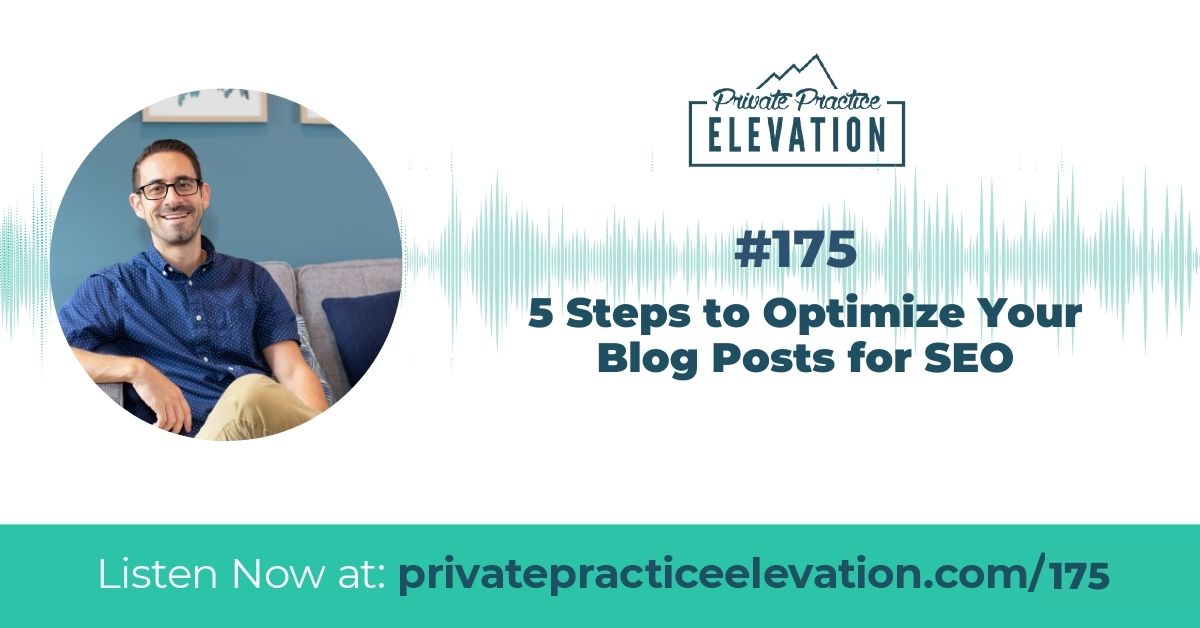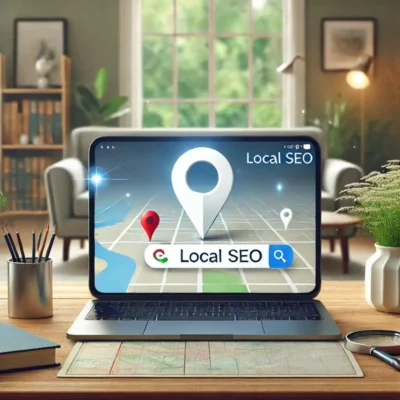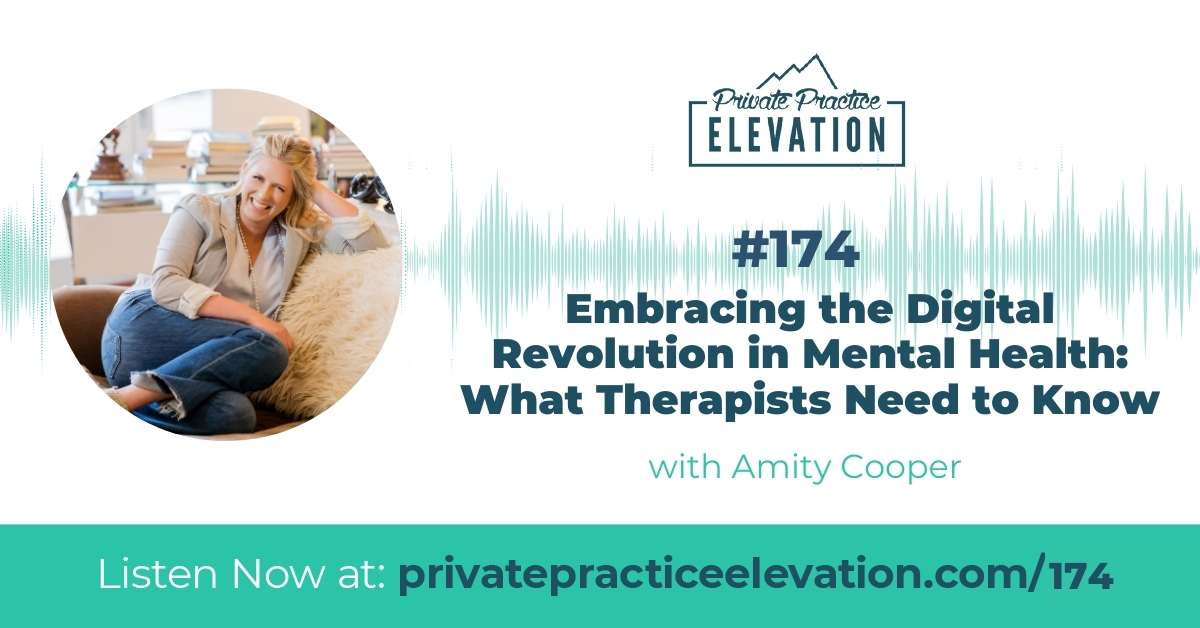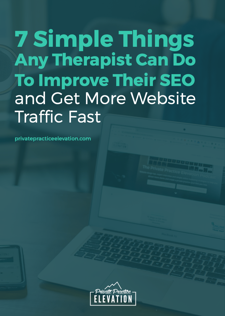SEO For Therapists:
The Ultimate Guide to Search Engine Optimization for Private Practice
From what SEO is to the understanding how to optimize your website content, this guide has all the resources you need to start your own SEO strategy and get more clients from Google.
What’s the point of having a website for your private practice if none of your clients can find it?
Most therapists understand the importance of SEO (search engine optimization) when it comes to getting the right kind of traffic to their therapy website.
But with so many factors that can affect SEO for your private practice website, it can be very confusing and daunting to actually get your therapy website to rank high for keywords related to your business.
Actually, did you know that Google uses over 200 factors in their algorithm for ranking websites? (Backlinko)
With so many factors, it’s easy to feel like your clients will never find you in search engines.
But at Private Practice Elevation, we don’t believe that your clients ability to find you (and get the mental health services they need) should be at the mercy of Google.
If website content is created well, with search engines and ideal clients in mind, you can see success.
You can get a steady stream of free traffic to your website from Google, filled with ideal clients who need your therapy services.
We’ve put together this SEO guide to help you find the resources you need to create your own SEO strategy. In it, you’ll learn:
- What SEO is and why it’s so important to the success of your private practice
- The basics of SEO and how to get started with your own strategy to get found in Google
- How search engines work and how understanding this can help you create optimized content
- How to perform keyword research so that your therapy website can be found by your ideal clients
- How to optimize each page and blog post for search engines so that they are more likely to rank well
- What backlinks are, how they work and how to get quality links that will improve your SEO
- The best practices for setting up your therapy website for proper search engine optimization
- How to measure the success of your SEO efforts
The Ultimate Guide to Search Engine Optimization for Private Practice
From what search engines are to the understanding how to optimize your website content, this guide has all you need to start your own SEO strategy and get more clients from Google.
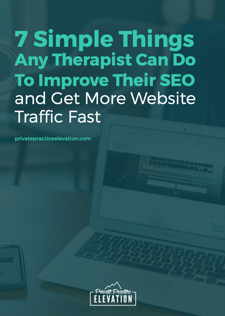
Get More Traffic & Clients From Google With Our Free Guide
Chapter 1: What is SEO?
SEO (Search Engine Optimization) can be one of the most important parts of using your private practice website to get more clients. We are well aware that SEO can be a complicated topic, so in this chapter, we cover the basics to help you get started.
Check out the SEO Glossary to learn more about terms you will read about throughout this article, learn about why SEO is important, and why it’s simpler than you think!
Chapter 2: How Do Search Engines Work?
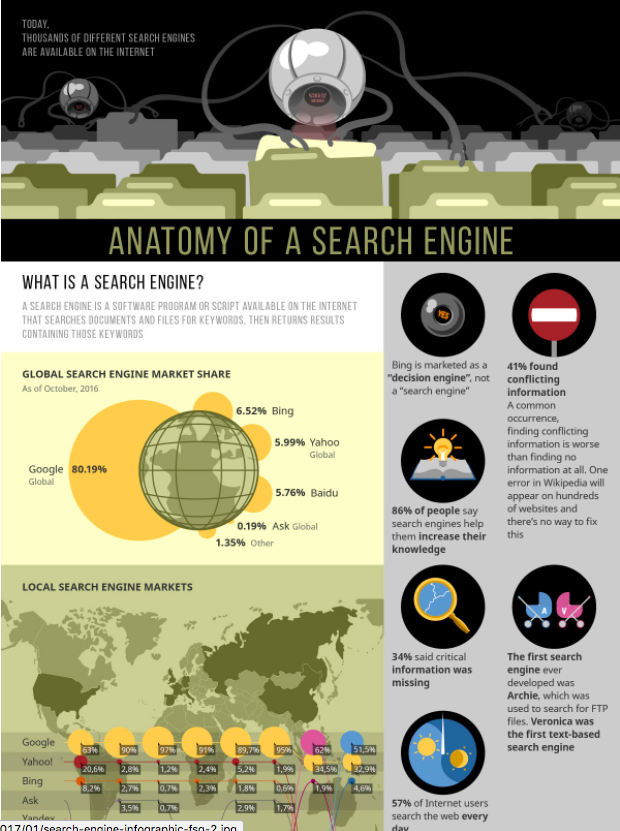
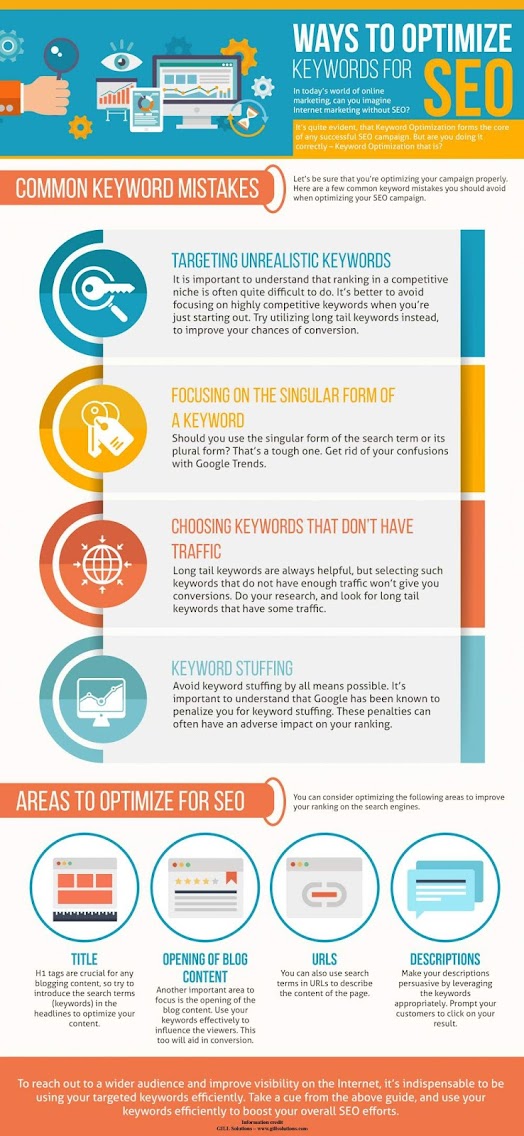
50% of search queries are four words or longer. (Wordstream, 2016)
Chapter 4: On-Page SEO For Private Practice
The average first-page result on Google contains 1,890 words. (Source: Backlinko, 2016)

Chapter 5: Therapy Website Structure & Technical SEO
There are a lot of contributing factors to a successful therapy website, but time and time again, website structure and design comes out as one of the top! Everything including your logo and homepage gives off a first impression to a current or potential client.
In addition, it’s important we talk about technical SEO. Technical SEO has either a direct or indirect impact on search engine crawling, indexing and ultimately ranking. So it’s important for your success!
Learn more from the links below.


Get More Traffic & Clients From Google With Our Free Guide
Chapter 6: Backlinks / Link Building and Boosting Authority
If you want more search engine traffic, link building should be at the top of your to do list.
A study published on Backlinko found that the number of domains linking to a page was the factor that had the highest correlation to rankings in Google (Backlinko)
In fact, Google has recently come out and said that backlinks are one of their top 3 ranking signals. Check out the links below to learn more about how to leverage backlinks to boost search engine traffic.

LINK BUILDING FOR SEO: The Definitive Guide (2019 Update)
Why Your Website Needs a Link Building Boost
How to Get Quality Backlinks for SEO: The 6 Smart Ways
Contextual Link Building: 4 Proven Ways to Get Rank-Boosting Links
What are Backlinks and How Do They Work?
How Backlinks Work & How To Use Them To Boost Your Google Rank
Chapter 7: How to Measure SEO Success
Let’s talk about the important stuff… measuring SEO success.
There are a lot of factors that go into this so it may not be a ‘one-size fits all approach’.
Higher rankings? More traffic? More sales? Your goals also have to do with how you measure your success.
Check out the articles below to learn more about this important step!
Attract New Therapy Clients With a Custom SEO Strategy
Our team will do all the legwork to figure out what keywords to use, what content to create and how to get that elusive page 1 search result.
Listen To The Podcast
Check out our podcast episodes related to SEO.
175. 5 Steps to Optimize Your Blog Posts for SEO
In this episode of Private Practice Elevation, we're diving into one of the most important yet often misunderstood aspects of online marketing: blog SEO. You’ll learn five actionable steps to optimize your blog posts for search engines, helping you rank higher in...
Optimizing Therapist Websites for Local SEO Success
How to Enhance Your Therapy Practice's Local Online Visibility As a therapist, you want your practice to be easily found by those who need your services. Whether you specialize in family therapy, child psychology, or trauma counseling, improving your local...
174. Embracing the Digital Revolution in Mental Health: What Therapists Need to Know with Amity Cooper
In this episode, Daniel Fava addresses a common concern many therapists have—technology. It's no secret that a lot of therapists shy away from new digital tools, whether it’s due to fear of change, lack of time to learn, or simply feeling like technology doesn’t fit...


